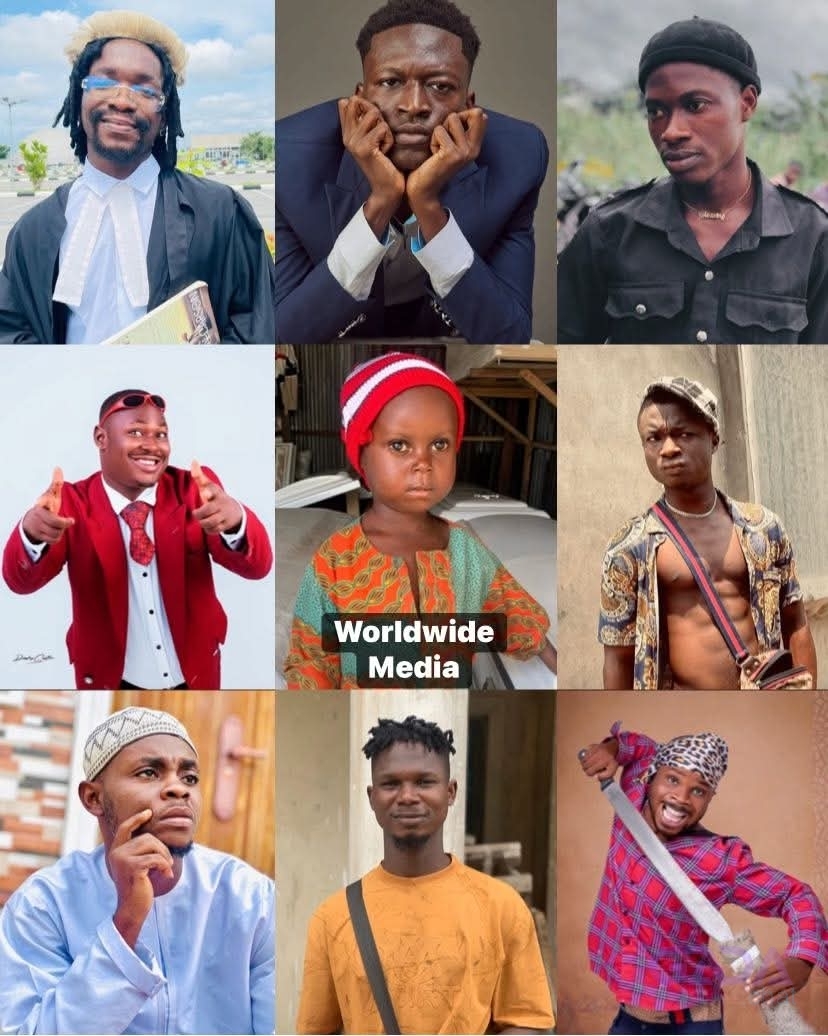"Across the world, most people focus on attacking radical Islamist groups themselves, but they often ignore a critical question: Who is funding and creating these extremists?
According to multiple reports—including those by the Financial Action Task Force (FATF), U.S. Department of the Treasury, and EU Terrorism Situation & Trend Report (TESAT)—a significant amount of terror financing comes through charities, NGOs, and religious institutions that operate from countries that project a secular, peaceful, and modern image internationally.
For example:
• Investigations have highlighted flows of money from wealthy Gulf states into madrassas and radical networks in Pakistan, Bangladesh, and other poorer Muslim-majority countries.
• According to FATF greylist and blacklist reports, countries like Pakistan have been repeatedly flagged for failing to curb such financing. Yet, the original funding sources often come from donors based in far richer, politically stable countries.
• A Carnegie Endowment study also showed how some Gulf-based charitable networks indirectly supported extremist ideology abroad while maintaining a respectable face at home.
These sponsoring nations keep their global reputation clean, attract billions from tourism and foreign investment, and yet part of that wealth quietly sustains radicalization in economically weaker states like Pakistan, Bangladesh, Iran, Iraq, and beyond.
Suppose the international community truly wants to end extremist violence. In that case, it must cut the root—the financial and ideological sponsors—rather than just trimming the branches and leaves by going after foot soldiers alone."
- Ashu Bhardwaj
@jaihind1624
According to multiple reports—including those by the Financial Action Task Force (FATF), U.S. Department of the Treasury, and EU Terrorism Situation & Trend Report (TESAT)—a significant amount of terror financing comes through charities, NGOs, and religious institutions that operate from countries that project a secular, peaceful, and modern image internationally.
For example:
• Investigations have highlighted flows of money from wealthy Gulf states into madrassas and radical networks in Pakistan, Bangladesh, and other poorer Muslim-majority countries.
• According to FATF greylist and blacklist reports, countries like Pakistan have been repeatedly flagged for failing to curb such financing. Yet, the original funding sources often come from donors based in far richer, politically stable countries.
• A Carnegie Endowment study also showed how some Gulf-based charitable networks indirectly supported extremist ideology abroad while maintaining a respectable face at home.
These sponsoring nations keep their global reputation clean, attract billions from tourism and foreign investment, and yet part of that wealth quietly sustains radicalization in economically weaker states like Pakistan, Bangladesh, Iran, Iraq, and beyond.
Suppose the international community truly wants to end extremist violence. In that case, it must cut the root—the financial and ideological sponsors—rather than just trimming the branches and leaves by going after foot soldiers alone."
- Ashu Bhardwaj
@jaihind1624
"Across the world, most people focus on attacking radical Islamist groups themselves, but they often ignore a critical question: Who is funding and creating these extremists?
According to multiple reports—including those by the Financial Action Task Force (FATF), U.S. Department of the Treasury, and EU Terrorism Situation & Trend Report (TESAT)—a significant amount of terror financing comes through charities, NGOs, and religious institutions that operate from countries that project a secular, peaceful, and modern image internationally.
For example:
• Investigations have highlighted flows of money from wealthy Gulf states into madrassas and radical networks in Pakistan, Bangladesh, and other poorer Muslim-majority countries.
• According to FATF greylist and blacklist reports, countries like Pakistan have been repeatedly flagged for failing to curb such financing. Yet, the original funding sources often come from donors based in far richer, politically stable countries.
• A Carnegie Endowment study also showed how some Gulf-based charitable networks indirectly supported extremist ideology abroad while maintaining a respectable face at home.
These sponsoring nations keep their global reputation clean, attract billions from tourism and foreign investment, and yet part of that wealth quietly sustains radicalization in economically weaker states like Pakistan, Bangladesh, Iran, Iraq, and beyond.
Suppose the international community truly wants to end extremist violence. In that case, it must cut the root—the financial and ideological sponsors—rather than just trimming the branches and leaves by going after foot soldiers alone."
- Ashu Bhardwaj
@jaihind1624
0 Σχόλια
0 Μοιράστηκε
17 Views
0 Προεπισκόπηση






